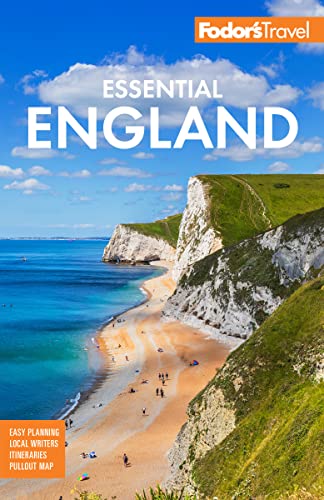How to Drink Tea in England
Tea is often called the national drink, and for good reason. Most people start their day with "a cuppa," have tea breaks in the afternoon, and a cup after dinner.
Yet despite its ubiquity, a patiently brewed cup of tea can also take on a rare sophistication when combined with a scone in a cream tea or, even better, as part of a fancier formal afternoon tea.
It's hard to imagine a time when tea wasn't part of English culture. But there was no tea in Europe until the 1600s, when it was first brought by Portuguese and Dutch traders. Charles II and his wife, Catherine of Braganza, were tea drinkers. When coffeehouses in London began serving the drink in the mid-17th century, it was seen as an expensive curiosity. By the early 18th century, tea was sold in coffeehouses all over the country, and consumed by all classes. The Duchess of Bedford is credited with popularizing formal afternoon tea in the early 1800s. Dinner in those days was often not served until after 8 pm, so a light meal in late afternoon was welcome. The tradition faded when more people began working in offices in the 20th century—though the love of tea remains.
Which Tea?
England's most popular tea is English Breakfast tea, a full-bodied blend of black teas. Second in line is Earl Grey: oil of bergamot orange creates an elegant perfume, but it's an acquired taste. Assam is one of the major teas blended into English Breakfast, and it tastes similar, if a bit more brisk. By contrast, Darjeeling is light and delicate; it's perfect for afternoons.
Cream Tea
In popular tourist areas in Britain, signs everywhere advertise "cream tea." This is the national shorthand for "tea and scones." The "cream" part is delectable clotted cream—a cream so thick it has a texture like whipped butter. Some scones are fruity and have raisins or dried fruit; others are more like a cross between American biscuits and shortbread. Along with the cream, you'll usually be offered jam. It's customary to put both jam and cream on the scone, though there's no consensus on which should go first. In fact, it's a matter of some dispute, particularly between residents of southwestern counties Cornwall and Devon.
Cream teas are widely offered in areas favored by travelers, such as Stratford-upon-Avon, the Cotswolds, Devon, and Canterbury. In those regions, you'll see it advertised in pubs, restaurants, and dedicated tea shops. Cream tea is a casual afternoon affair: think of it as a coffee break, with tea. Your tea will likely be in a teabag rather than loose leaf. The cost is usually from £3 to £7.
Afternoon Tea
A pricey treat reserved for vacations and special occasions, afternoon tea (called "high tea" in America, but not in England, where that term referred to a meal between 5 and 7 pm) is served in upscale hotels in London, as well as in Oxford, Cambridge, and Brighton, or anywhere popular with travelers. Along with tea—and you can choose from a variety of teas—you'll be served finger sandwiches (usually cucumber, egg, ham, and smoked salmon) and scones, as well as tiny cakes and pastries. These will usually be brought on tiered plate stands, with sweet options higher up and savory on the lower level. Tea will be brewed in a china pot and served with china cups and saucers; milk and lemon are accompaniments.
Afternoon tea is generally offered between 3 and 5:30 pm and can last for hours. It's generally quite formal, and most people dress up for the occasion. Expect to spend anything from £20 to £60.
Tea in the Southeast
Amberley Castle. If you're indulging in an English tradition, why not do it at a castle? Amberley Castle, now a very expensive hotel, does an excellent afternoon tea, with all the requisite cakes and finger sandwiches. Make reservations. Church St., Off B2139, Amberley, West Sussex, BN18 9LT. 01978/831992; www.amberleycastle.co.uk.
Victoria Lounge at the Grand. Afternoon tea at this elegant Brighton hotel is a local tradition. Dress up to fit in. The Grand, 97–99 Kings Rd., Brighton, Brighton and Hove, BN1 2FW. 01273/224300; www.grandbrighton.co.uk.




